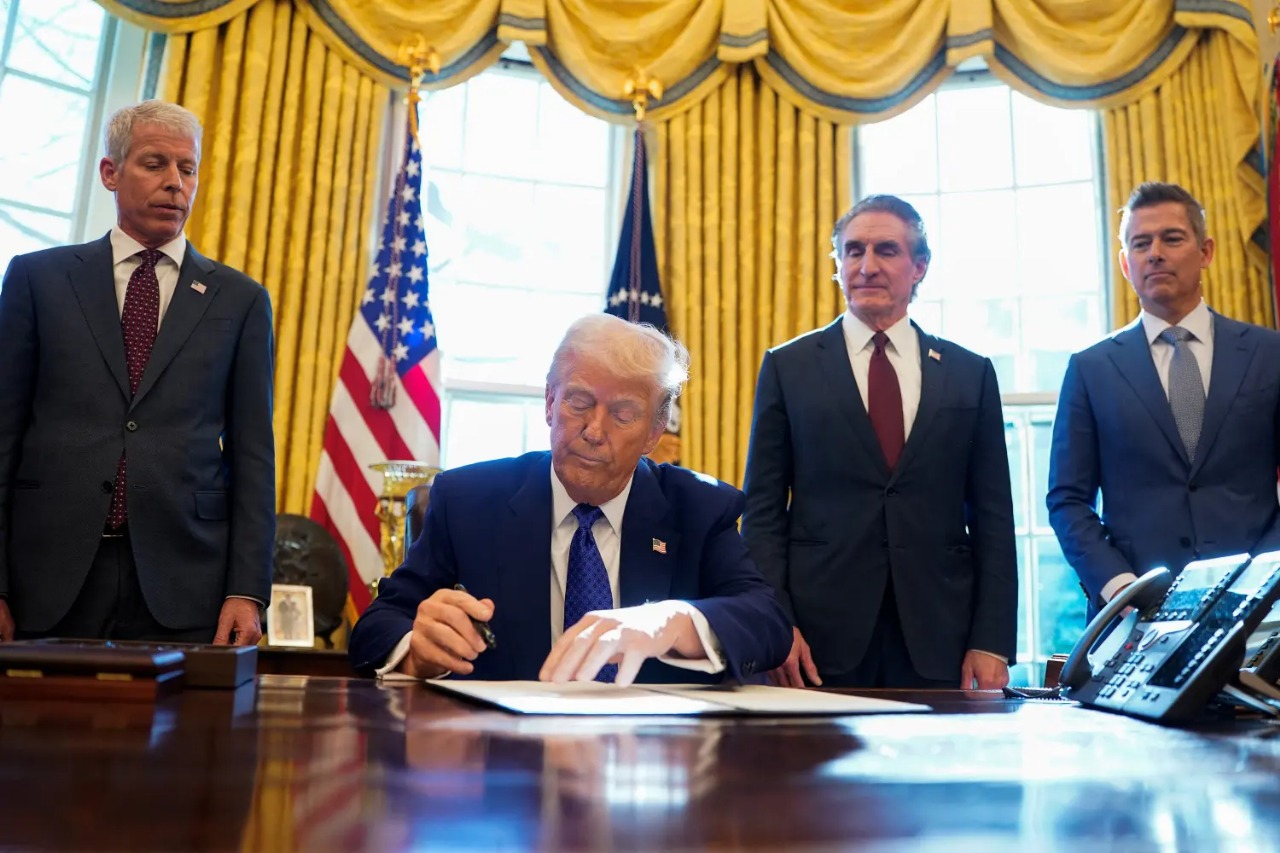
Follow WOWNEWS 24x7 on:
Updated: July 01, 2025 15:38

The Trump administration’s Department of Government Efficiency (DOGE) is now turning its attention to the U.S. Securities and Exchange Commission (SEC), with plans to overhaul key regulatory frameworks governing special purpose acquisition companies (SPACs), private funds, and broader enforcement priorities. The move is part of a sweeping deregulatory agenda aimed at reshaping the federal administrative state and reducing what the administration calls regulatory overreach.
Here’s a detailed breakdown of the initiative and its potential implications for financial markets and investor protections.
Key Developments and Strategic Focus
- DOGE, backed by President Trump and Elon Musk, is seeking to identify and eliminate what it deems wasteful or excessive regulations within the SEC
- The initiative is expected to target recent rules on SPAC disclosures, private fund transparency, and climate-related financial risk reporting
- DOGE has launched a dedicated channel on Musk’s X platform to solicit public feedback on SEC inefficiencies and enforcement practices
- The SEC’s workforce may face restructuring, with hundreds of probationary employees potentially at risk of termination under DOGE’s cost-cutting model
Executive Order and Deregulatory Framework
- On February 19, 2025, President Trump issued an executive order directing all federal agencies, including independent ones like the SEC, to review and rescind regulations deemed unconstitutional or overly burdensome
- The order mandates a 60-day review period to identify rules that exceed statutory authority, rely on vague legislative mandates, or duplicate existing functions
- DOGE is coordinating with the Office of Management and Budget to prioritize enforcement resources only toward regulations explicitly authorized by Congress
Impact on SEC Operations and Investor Protections
- The SEC’s climate disclosure rule, adopted in 2023, is among the regulations likely to be rolled back or deprioritized
- Enforcement efforts targeting crypto fraud, insider trading, and market manipulation may be scaled back or restructured
- DOGE has already influenced staffing cuts at the Consumer Financial Protection Bureau and FDIC, signaling a broader trend of regulatory contraction
- Critics warn that weakening the SEC could erode investor confidence, reduce market transparency, and increase systemic risk
Industry and Political Reactions
- Supporters argue that the initiative will reduce compliance costs, spur innovation, and restore constitutional limits on federal agencies
- Opponents, including investor advocacy groups, caution that dismantling key protections could lead to unchecked corporate behavior and financial instability
- The move is seen as part of a broader effort to centralize executive control over independent agencies, raising concerns about political interference in market oversight
As DOGE sets its sights on the SEC, the coming months could redefine the regulatory landscape for Wall Street, private equity, and retail investors alike—ushering in a new era of lighter-touch governance with far-reaching consequences.
Sources: Bloomberg Law, Fortune, WilmerHale Client Alert, July 1, 2025



